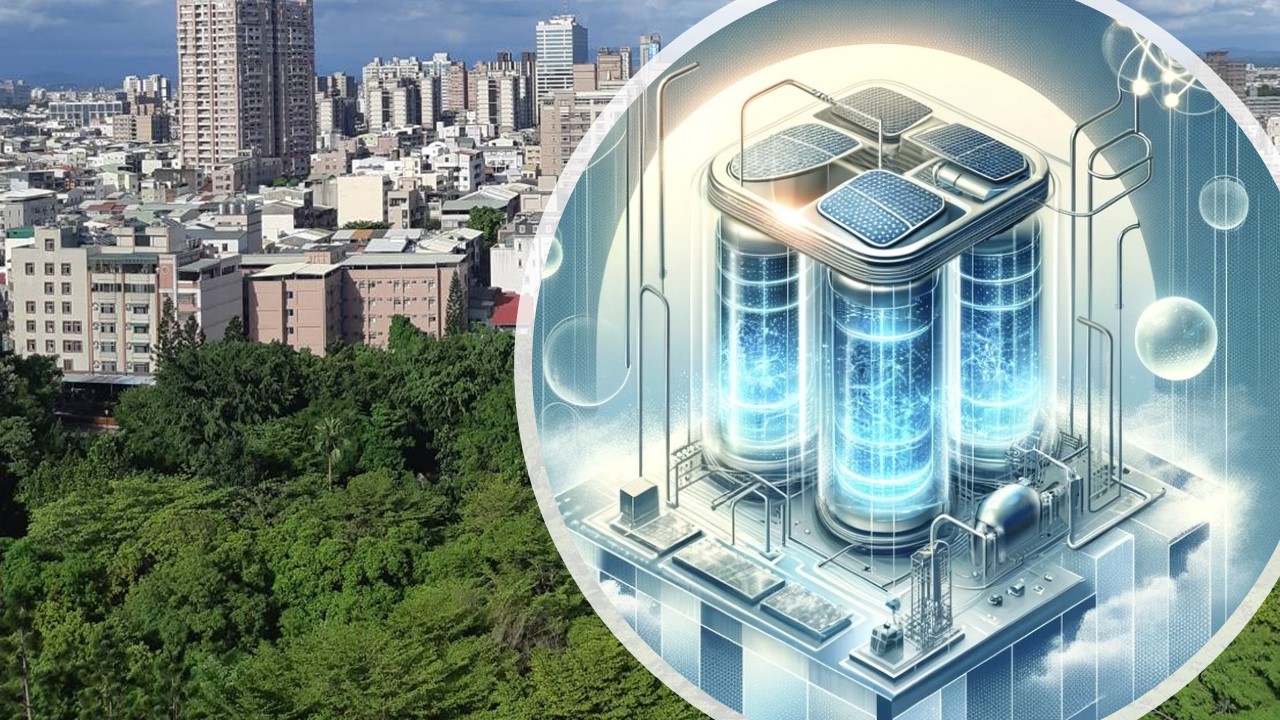
The Research problem
In addressing the challenges of waste management and energy access in rural areas, our research problem centres on developing a sustainable Waste-to-Energy system. Rapid urbanisation and population growth have intensified waste generation, particularly in emerging economies. Traditional waste management methods are often insufficient and environmentally detrimental. This project focuses on creating a practical and environmentally friendly solution to convert solid recovery fuel into hydrogen-driven electricity, specifically tailored for rural settings.
A multidisciplinary approach will be employed, involving waste composition studies, technological development for hydrogen production through plasma-assisted gasification, and assessments of environmental and socio-economic implications. Collaborators from various disciplines, including engineering, environmental science, and social sciences, will contribute to a holistic understanding of the waste-to-energy system’s feasibility and impacts.
Regular team meetings, knowledge-sharing sessions, and collaborative workshops will foster effective communication and interdisciplinary collaboration. External stakeholders, including local communities, industry, and government, will be engaged to ensure practical insights and policy relevance.
Project Objectives
WUN’s support plays a pivotal role in fostering interdisciplinary collaboration and knowledge exchange among member universities. This collaborative network provides a platform for experts in engineering, environmental science, and social sciences to synergise their efforts.
The project gains additional significance as it aligns with the discussions held during the WUN Annual General Meeting on sustainability. The involvement of university/ academic background in tackling the climate crisis emphasises the urgency and necessity of projects like ours. It underscores the broader commitment of the academic community to actively contribute to solutions for global challenges.
In Summary
Our project represents a proactive approach to a critical issue, proposing an innovative and sustainable solution to waste management and energy access in rural areas. Through WUN’s collaborative network, we are well-positioned to navigate the complexities of waste-to-energy systems. The overarching objectives include developing practical insights, influencing policy for sustainable waste management, and advancing universal access to clean and renewable energy sources. This project embodies the spirit of shared responsibility and collective action championed by WUN, contributing to a more sustainable and resilient future.